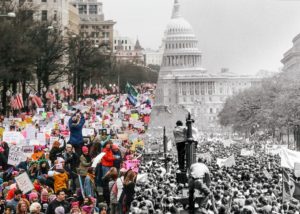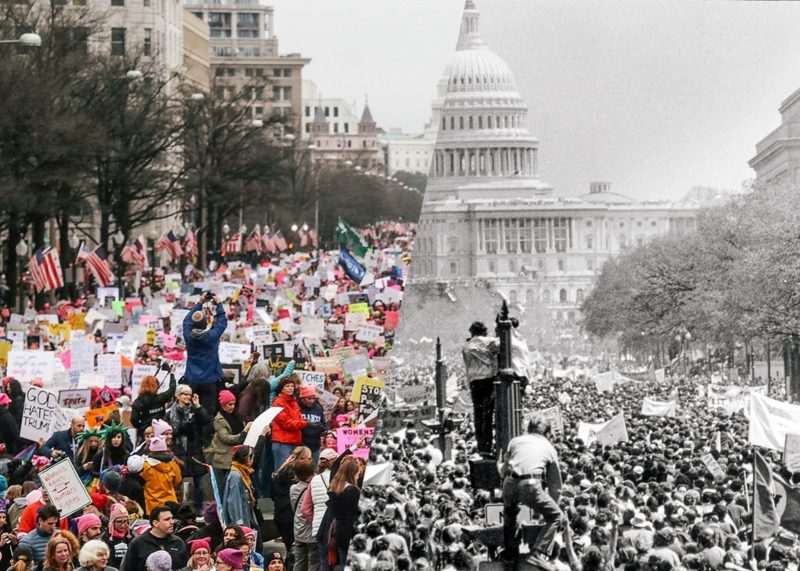 Deep, profound cultural, political, and moral divisions. Family members split by anger and outrage. Failure of institutions. Precipitous lack of trust in government and leaders. Violence on our streets.
Deep, profound cultural, political, and moral divisions. Family members split by anger and outrage. Failure of institutions. Precipitous lack of trust in government and leaders. Violence on our streets.
Since the founding of the American Experiment, three times stand out as testing the social fabric that has allowed the country to grow, flourish, and test the boundaries of democratic principles in a diverse society: the American Civil War; the Vietnam war and cultural revolutions of 1967-1975; and now. I have just finished watching Ken Burns’ and Lynn Novick’s remarkable PBS documentary on the American-Vietnam war, and believe it is a must-watch for American students if we hope to learn from the complex lessons from that tumultuous time.
I lived through the Vietnam years, but it is only through the lens of history that we can really see the magnitude of disruption, the tectonic shifts that took place, and the ripples of those shifts that are still powerfully with us today. I won’t litigate the main arguments here; the film does it better than I could hope to. Students today who are either shocked or not shocked by Charlotesville, Ferguson, and kneeling football players should confront and discuss a rally in New York where middle class construction workers beat up anti-war protestors while the police stood and watched. They need to hear for themselves an American president ordering his followers to commit felonies. To really understand what it means to become global citizens, they need to wrestle with the slaughter at My Lai.
How might a high school class use the documentary; how do we dedicate 10 hours to watch a movie about one piece of world history? Perhaps not all students watch the entire film. Perhaps groups watch chapters, summarize, and lead discussions on essential questions. Perhaps some of the viewing is offered as homework in place of studying for a test. I leave that to teachers and their students to decide. But this documentary gives a balanced, fair, nuanced view of the defining struggle for America in the last 50 years. There are so many threads of politics, morality, social justice and economics that run through the filter of the war that multiple subject classes could use the film as an interdisciplinary theme.
I am a history nut; I think all history is important to learn, but for this generation of students, I can’t think of a series of events more critical for them to unwrap than the roots, reality, and results of how America came into a war in Vietnam, and what that war did to countries, families, and individuals.












Leave A Comment